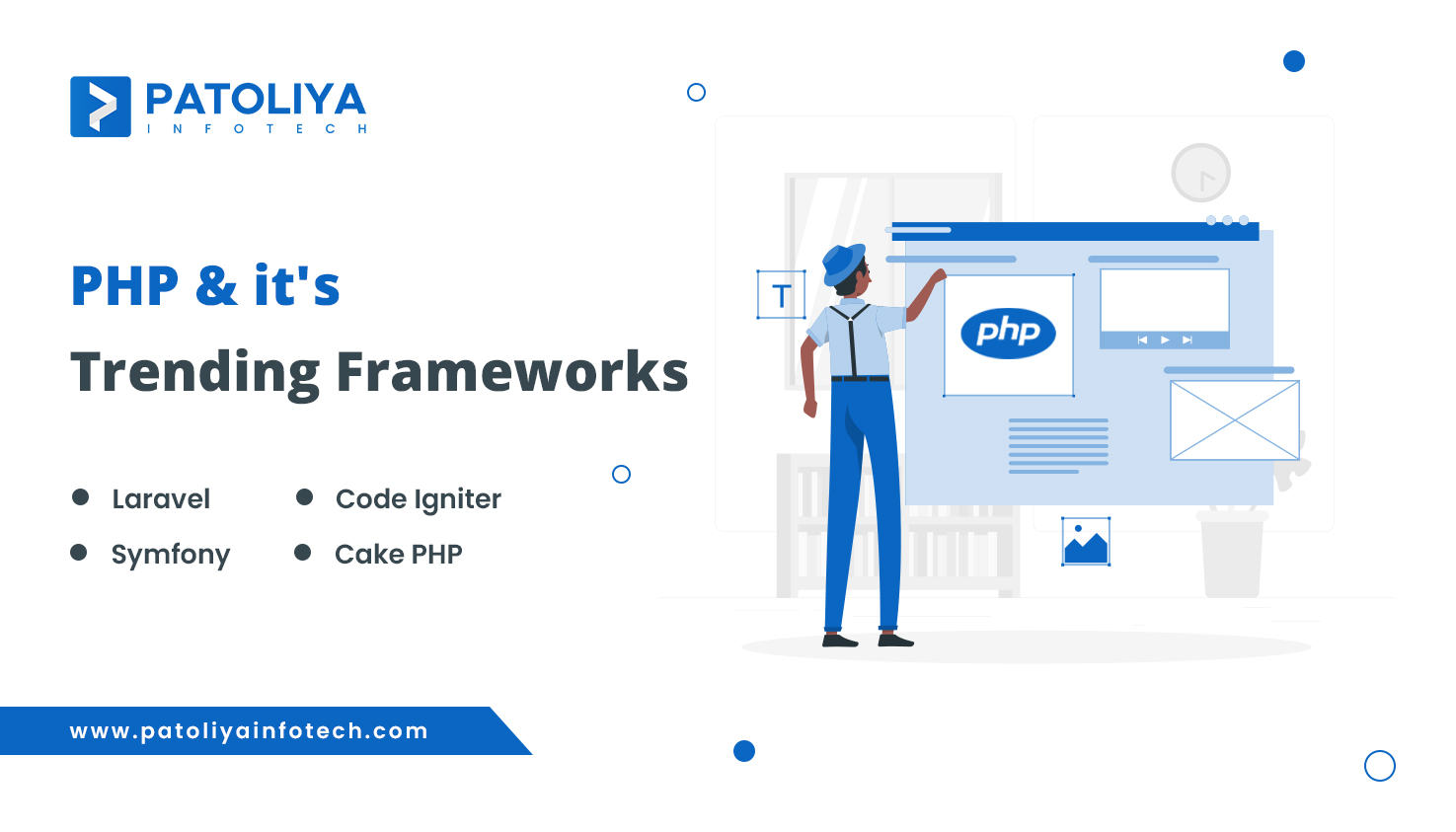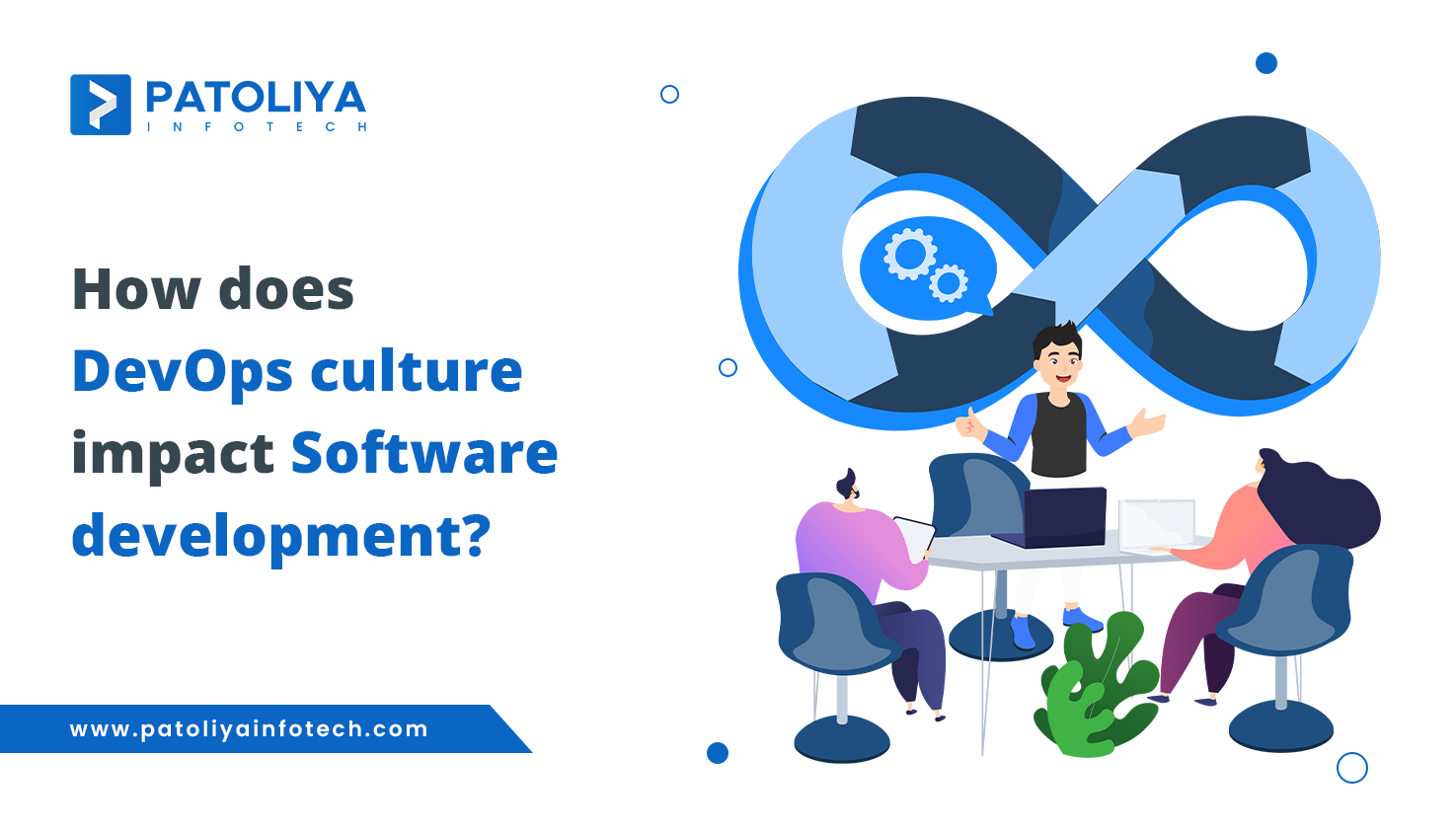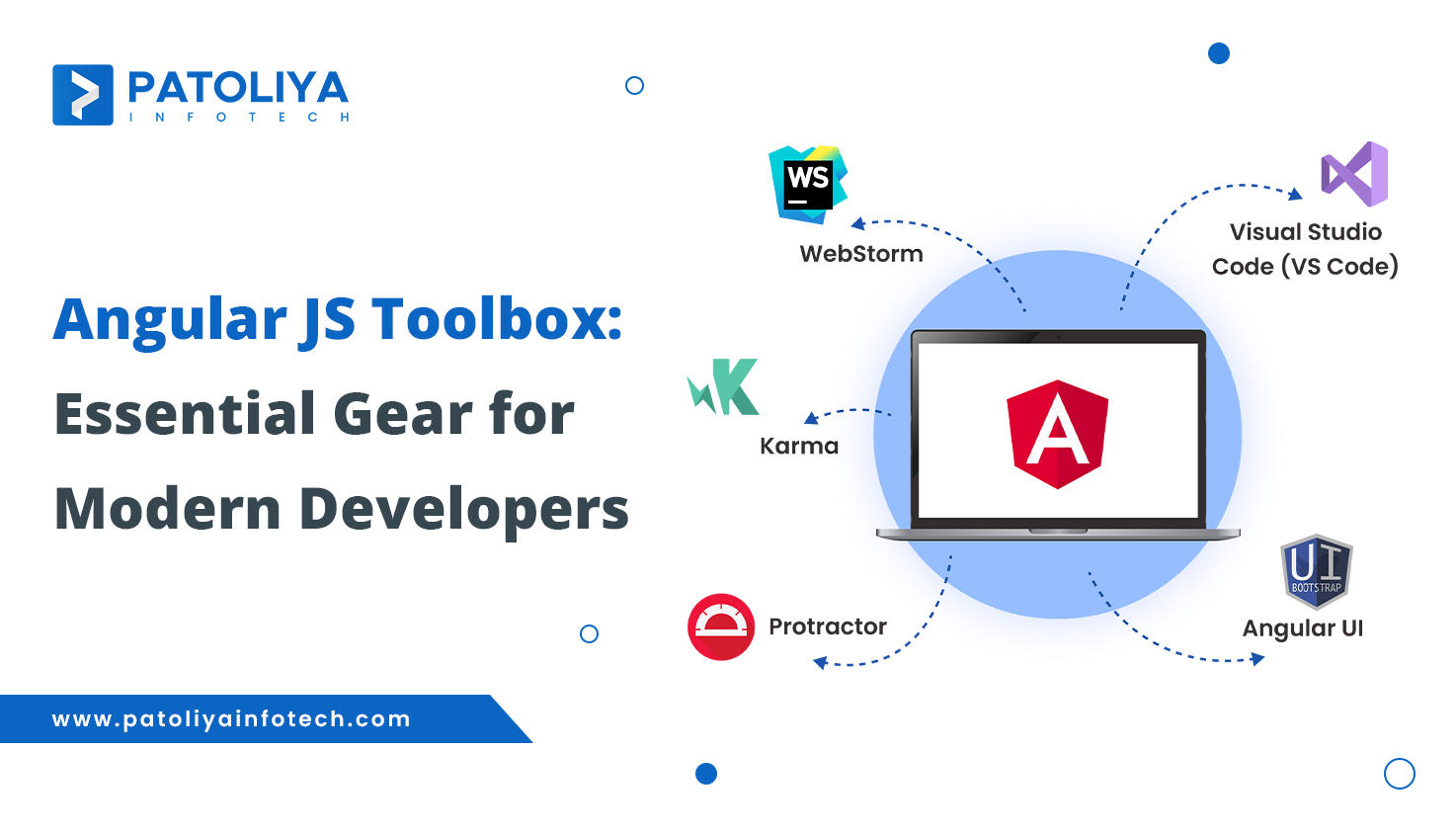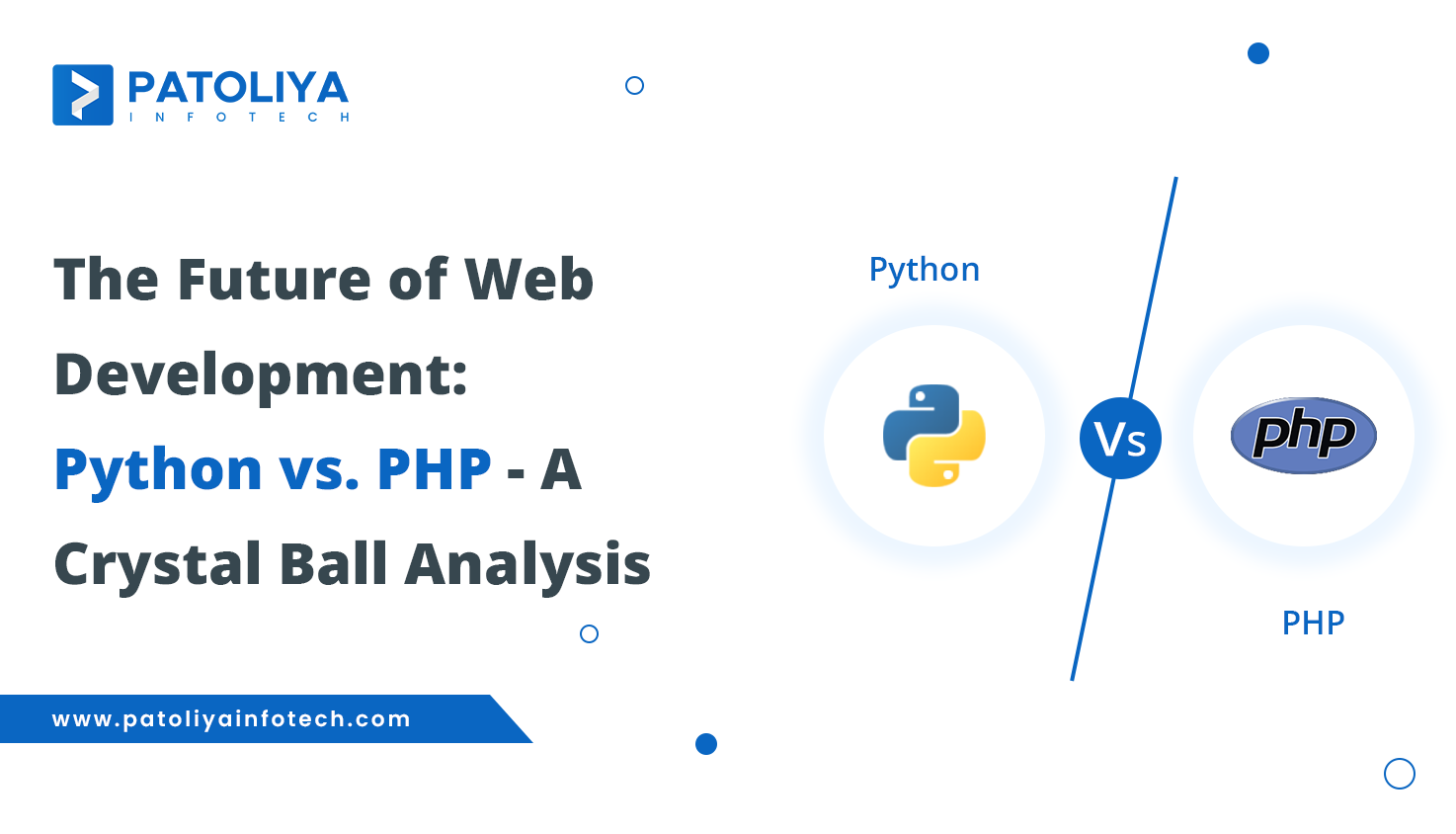PHP & It’s Trending Frameworks

PHP is the top choice for web developers. It's so popular that it currently powers over 80 % of websites. That's impressive. Websites like Facebook, Yahoo, Flickr, and Wikipedia are developed using PHP.
One of the biggest challenges for developers is quickly building a high-quality website or application. Most web applications require common repetitive tasks. Using PHP frameworks is a great solution to ease and accelerate development. Frameworks include different methodologies, security policies, and reusable parts of code.
So, frameworks are useful when creating complex projects, as developers don't have to start from nothing each time. Frameworks provide organized and reusable code and allow you to scale projects easily.
There are many PHP development frameworks on the market today. Still, we've decided to focus on the best: Laravel, Symfony, CodeIgniter, and CakePHP.
Dive deeper into this subject with our other posts! "Why PHP is a Top Choice for E-commerce Development in 2024?"
New opportunities are prevailing in the following frameworks:
Laravel
No PHP framework is as popular as Laravel right now. Is it that good? It is. Though the product is fairly new, it has evolved to become the most-used PHP framework. Laravel offers several advantages for clients compared to other frameworks, making it a preferred choice in many scenarios:
One of the key benefits of Laravel is its ability to accelerate the development process. Its clean, expressive syntax and built-in functionalities significantly reduce the time required to build web applications. This translates into faster project completion, allowing clients to get their products to market swiftly.
Security is paramount in web development. Laravel provides robust security features like encryption, authentication, and protection against common security threats. Clients can rest assured that their applications have strong security measures, safeguarding their data and user information.
Laravel's architecture is highly scalable and flexible. It allows developers to create scalable applications that easily accommodate growing business needs. Whether handling increased user traffic or adding new features, Laravel's flexibility ensures the application remains adaptable to changes without compromising performance.
Laravel boasts an extensive and vibrant community of developers. This translates into abundant resources, including forums, tutorials, and third-party packages, which can benefit clients. Moreover, Laravel's comprehensive documentation makes it easier for clients to understand their applications. It provides avenues for ongoing support and enhancements.
Maintaining and upgrading an application is simplified with Laravel. Its organized structure and modular approach make managing and updating code easier, ensuring smoother maintenance processes. Clients benefit from reduced maintenance costs and easier implementation of new features or updates.
Laravel has a thriving ecosystem with numerous integrations and packages available. This allows developers to integrate various third-party services, tools, or APIs into the application, enhancing its functionality and capabilities per the client's requirements.
The combination of its speed of development, robust security, scalability, community support, ease of maintenance, and extensive ecosystem positions Laravel as an excellent choice for clients seeking a reliable, secure, and feature-rich framework for their web applications. Its numerous advantages make it stand out among other frameworks and serve as a valuable asset for clients aiming for efficient and effective digital solutions.
Symfony
Symfony was launched in 2005. Since that time, it's proven to be a consistent and clever PHP framework. It's famous for its modularity. Its modular blocks are called bundles. Bundles are similar to plugins in other software. These reusable components are the foundation for building PHP applications. They can be used in your projects separately from the Symfony framework. The community is large and supportive. Symfony is mostly used for creating large and complex projects. It has great documentation and provides long-term support (LTS) releases.
Symfony's strength lies in its modular architecture, which emphasizes flexibility and scalability. This architecture is structured around "bundles," enabling developers to utilize independent reusable components. This modularity empowers developers to tailor applications precisely to client requirements, enhancing customization options and flexibility in creating scalable solutions.
With its modular approach, Symfony allows developers to integrate and configure individual bundles as needed. This level of customization ensures that applications can be finely tuned to suit specific business needs. This flexibility makes Symfony an ideal choice for crafting tailor-made solutions for clients, particularly in enterprise-level projects with diverse and complex requirements.
Symfony's modularity and scalability make it well-suited for developing large-scale applications. By integrating individual bundles seamlessly, Symfony enables the creation of robust and scalable solutions. This scalability ensures that applications can grow alongside a client's business needs without compromising performance or stability.
Symfony's commitment to long-term support (LTS) releases benefits clients seeking stability and reliability in their projects. LTS releases guarantee ongoing support and updates, ensuring the framework remains robust and up-to-date. Additionally, Symfony's well-maintained documentation facilitates ease of use and provides developers with comprehensive resources for efficient development and maintenance.
Symfony's scalability, reliability, and long-term support make it a popular choice for complex and enterprise-level applications. Its architecture allows for sophisticated solutions that can handle intricate business logic and requirements, making it a reliable option for clients with diverse and demanding project needs.
Symfony's modular architecture, flexibility, scalability, long-term support, and suitability for enterprise-level applications make it an excellent choice for clients seeking robust, customizable, and future-proof solutions for their web development projects. Its capabilities position it as a reliable framework that meets businesses and enterprises' diverse and evolving needs.
Both Laravel and Symfony are helpful tools for the same tasks but with different approaches to development. Laravel can be easily and quickly installed. Although Laravel includes some Symfony components, they should be used differently. Laravel is more for getting the job done quickly without sacrificing quality.
Code Igniter
Code Igniter is a PHP MVC framework for developing applications rapidly. Code Igniter provides out-of-the-box libraries for connecting to the database and performing various operations like sending emails, uploading files, managing sessions, etc. The built-in features of Code Igniter are designed to work independently without relying too much on other components.
The framework uses the Model-View-Controller architectural design. Its framework is well documented, and some good books and tutorials answer forum questions on Code Igniter. It is easy to master for anyone already familiar with PHP. The user requests a resource, and the controller responds first. The controller understands the user request and then requests the necessary data if it is important.
CodeIgniter stands out as a PHP framework that prioritizes simplicity and rapidity in the realm of web application development, presenting distinct benefits for clients seeking efficient and quick solutions:
CodeIgniter's core principle revolves around simplicity and speed. It adheres to the Model-View-Controller (MVC) architectural pattern, offering a clear, structured framework for organizing code. This structured approach simplifies the development process, enabling developers to create applications more efficiently.
The framework boasts a lightweight footprint, which translates to faster application performance. Moreover, CodeIgniter has a suite of pre-built libraries for common tasks such as database interaction, session management, file uploading, and more. This feature minimizes the need for developers to create these functionalities from scratch, thereby accelerating development timelines.
CodeIgniter's emphasis on providing essential tools and features immediately makes it a preferred choice for rapid application development. Clients benefit from quicker turnaround times, allowing their projects to be completed within shorter timeframes.
CodeIgniter prides itself on user-friendly documentation, which is easily understandable and accessible. This comprehensive documentation streamlines the learning curve for developers, particularly those already familiar with PHP. This factor contributes significantly to its popularity within the development community and ensures efficient usage and understanding of the framework.
CodeIgniter's simplicity and adherence to PHP conventions make it relatively easy for developers to grasp and master. Developers with prior knowledge of PHP can quickly adapt to the framework, reducing the learning curve and enabling them to leverage its functionalities effectively.
CodeIgniter's focus on simplicity, speed, pre-built libraries, user-friendly documentation, and ease of mastery makes it an attractive option for clients seeking rapid and straightforward development of web applications. Its streamlined approach empowers developers to create applications swiftly while maintaining efficiency and performance.
Cake PHP
CakePHP takes the monotony out of web development. It provides all the tools you need to start coding what you need to get done: the logic specific to your application. Instead of reinventing the wheel whenever you sit down to a new project, check out a copy of CakePHP and get started with the real guts of your application.
CakePHP has an active developer team and community, bringing great value to the project. In addition to keeping you from wheel-reinventing, using CakePHP means your application's core is well-tested and constantly improved.
CakePHP stands as a PHP framework that excels in rapid application development, offering several advantages for clients aiming for efficient and maintainable solutions:
CakePHP emphasizes swift development by minimizing the need for extensive configuration. It follows the "convention over configuration" principle, which reduces the setup time by utilizing default conventions. This approach streamlines the development process, enabling developers to focus more on crafting the application's core logic rather than spending time on intricate configurations.
The framework provides a comprehensive suite of tools and features that aid developers in building applications quickly and efficiently. CakePHP's rich set of functionalities simplifies common tasks, enabling developers to implement features rapidly without reinventing the wheel.
CakePHP boasts an active and dedicated developer community that continuously enhances and refines its core functionalities. This commitment to improvement ensures that the framework remains reliable, secure, and up-to-date with evolving industry standards. Clients benefit from a framework prioritizing reliability and security through ongoing enhancements and updates.
CakePHP accelerates development further by offering code generation and scaffolding features. These tools automate the generation of repetitive code, speeding up the development process significantly. CakePHP enhances efficiency and maintains consistency across the application by automating routine tasks.
The framework's focus on rapid development and its code generation and scaffolding capabilities make it an attractive option for developers seeking efficiency and maintainability. Clients benefit from applications that are developed quickly and easier to maintain and extend in the long run.
A good programmer looks both ways before crossing a one-way street.
Wrap Up
PHP remains the preferred choice for web developers, powering a majority of websites including major platforms like Facebook and Wikipedia. Laravel stands out as the top contender, offering speed, security, scalability, and a robust community. Symfony's modularity suits enterprise-level projects, while CodeIgniter's simplicity aids rapid development. CakePHP prioritizes streamlined development. Each framework excels in different aspects, catering to varied project needs. Clients can choose based on factors like complexity, scalability, speed, community support, and long-term sustainability.
At our company, we specialize in PHP and Laravel services, dedicated to delivering cutting-edge solutions for your web development needs. We focus solely on harnessing the power of PHP and Laravel to ensure your projects excel in efficiency, scalability, and long-term sustainability.
Our expertise lies in leveraging the strengths of PHP and Laravel, providing tailor-made solutions that align perfectly with your requirements. At Patoliya Infotech, we are committed to elevating your digital journey through our proficiency in PHP and Laravel.


